
Society tends to tout transparency and openness as highly virtuous characteristics that are worth pursuing. Both corporations and individuals are expected to be open and inclusive of all opinions, information, and property.
But this is not always appropriate.
It may often be better, or even necessary, (or simply your choice) to keep things to yourself. In fact, we all have things we would prefer not to share or make available—even to close friends and family.
Our data reveals a lot about us. It can show our kinks, our traumas, a troubled past, and all our embarrassments. To keep this data private and secure means to not let third-parties access it.
The data you share is never private
We might think of social networks or cloud email providers (like Facebook or Google) as private because they promise to not reveal our information to the public immediately.
Google says it "only" lets automated programs scan all our incoming mail for keywords and to compile a profile about you and Facebook promises not to show your vacation pictures to strangers (until it doesn’t).
But any promise that a technology company makes regarding your personal data can become useless at any time, with a wave of a hand and a change to their terms of service. Even if there is legal recourse for a data breach (and there often isn’t), once information is exposed it cannot be ‘unseen.’
We all have things to hide. Some are just embarrassing things that we’d rather not see become a viral internet meme. Others may be reflections of our past selves that we are proud to have left behind.
Your secrets are security
When our personal information is exposed online, it makes us feel vulnerable. And privacy and secrecy are an essential defense against stalkers and doxing.
Many of us keep secrets for security reasons: We might have a key stored away somewhere secretly, or we might not want people to know how much Bitcoin we have stashed away in a paper wallet under our mattress.
The fact that passwords exists, and we all use them, is proof that some secrets need to remain secret.
Privacy has to be respected
Transparency and openness are virtues that we value and, to some degree, expect to see in others. But transparency cannot be forced—it has to be voluntary.
We need to respect when others are unable to share their legal name, birthplace, or religion. And we need to help protect those that are forced to reveal information they are not ready to share.
Take the first step to protect yourself online. Try ExpressVPN risk-free.
Get ExpressVPN

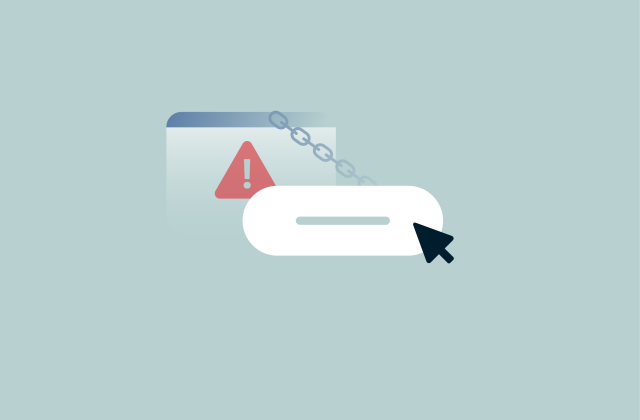
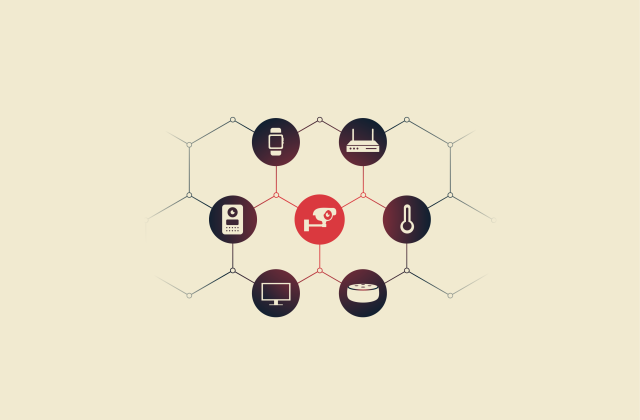

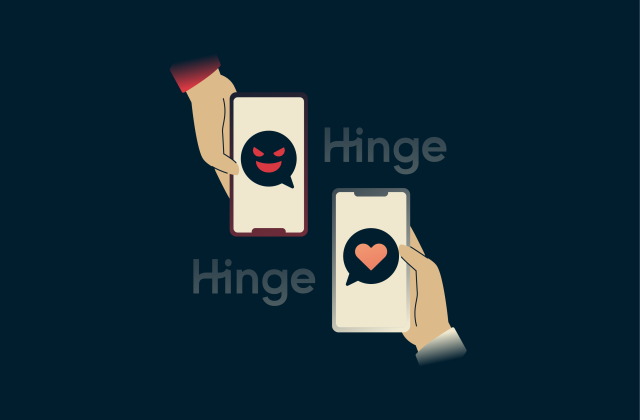
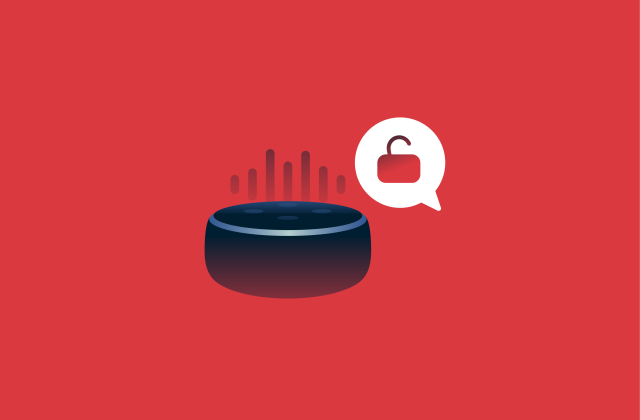

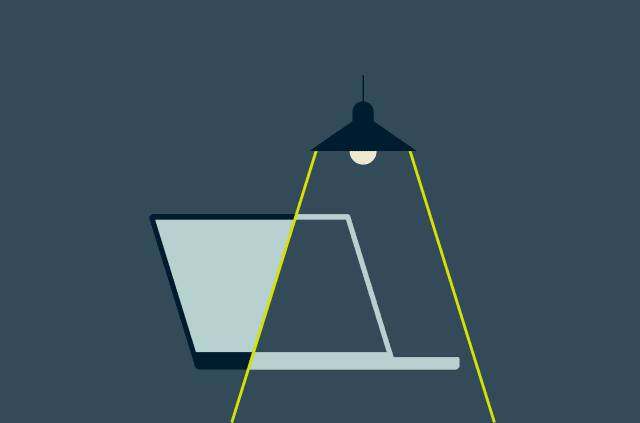
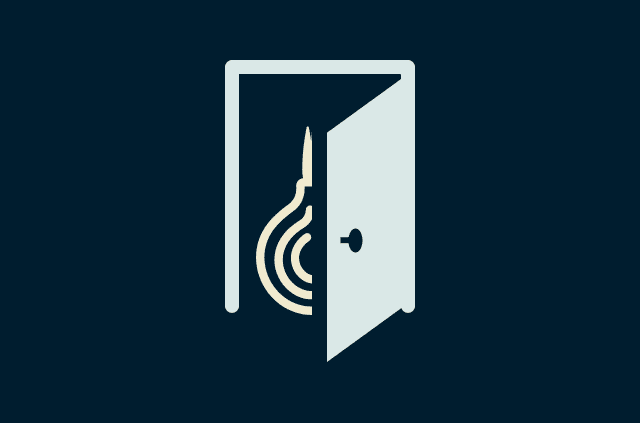
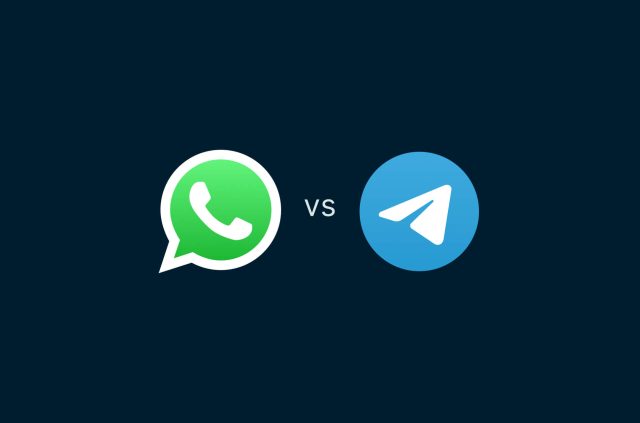

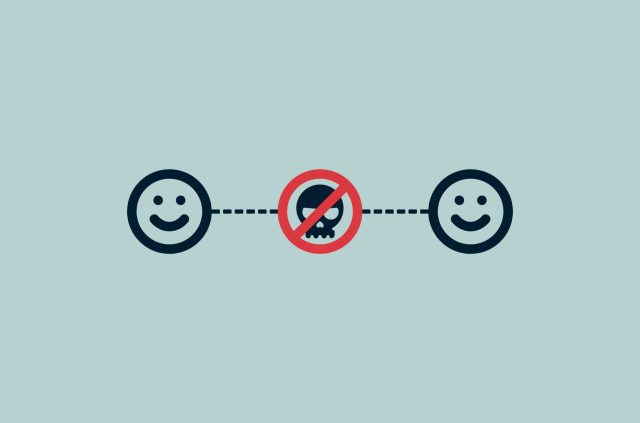
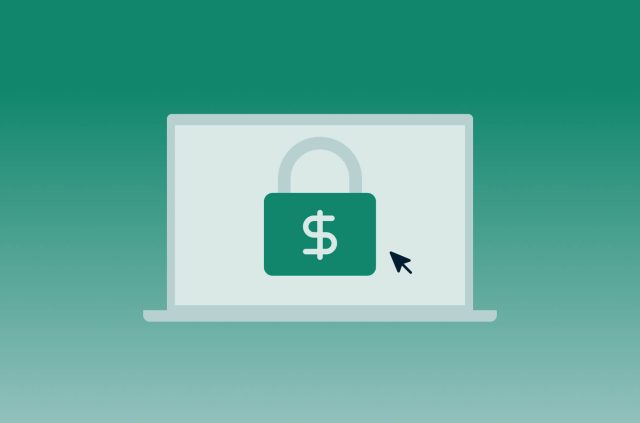
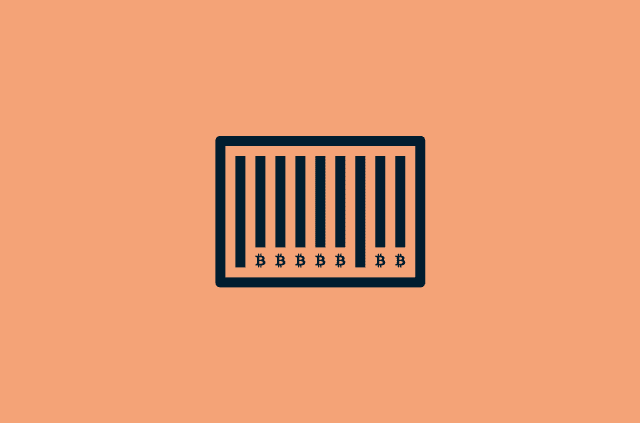





Comments
great article .. thanks